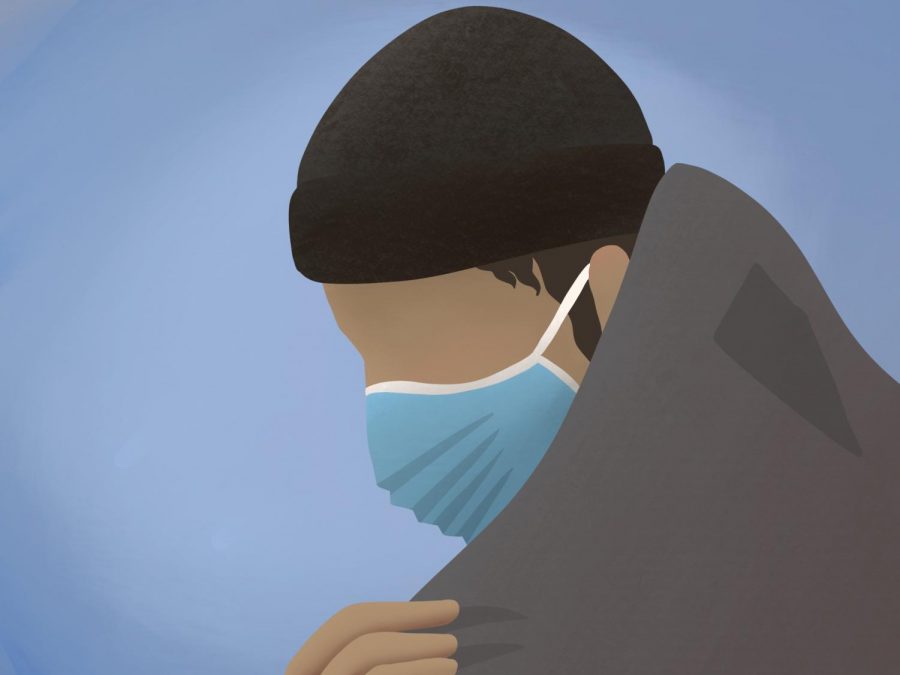Homelessness in Dupage
September 21, 2020
The COVID-19 pandemic has brought homeless shelters to the brink of what they can do in order to help keep the public safe.
Dupage county as of January 22nd had 318 people in homeless shelters. These shelters keep people in relatively tight quarters – the exact opposite of what COVID-19 safety protocols call for. Thanks to the pandemic and its economic impact these numbers have only increased. It has led to the staff of these shelters to completely rearrange and reassess how they can help people in one of the worst times of their lives.
“When COVID was coming onto the scene we realized our facility wasn’t set up for a lot of social distancing,” said Joseph Jackson, managing director of Hesed House in Aurora. “In early March we turned a warehouse across the street of our main building, a warehouse set up for storage and donations, we basically cleared that out, and we set up a shelter space in that warehouse so we can move 140 individuals into that space to create distance between people.”
Despite their best effort Hesed House still had several people infected with the virus. The Illinois Department of Public Health helped come up with a plan to move the entire operation to a hotel in Schaumburg for exactly one month. By doing this they managed to quell the infection and stop the spread of the virus within the shelter occupants.
“Since that we have just been ramping up more protocol, putting in social distancing guidelines and focusing on sanitizing and cleaning,” said Jackson.
Although it has been difficult for them to manage two facilities while staying on top of the virus, the Hesed House has been making an effort to prevent another outbreak.
Hesed House isn’t the only shelter struggling during this crisis. DuPage Pads (a shelter in Wheaton) also had to change their whole set up to adapt to the pandemic.
April Redzic, president and CEO of DuPage Pads, said COVID-19 forced her organization to make changes all the way down to their business model.
“Our ability to house people looks different than it had in the previous year. Pads were born out of the model that you could have shelter from the public. Traditionally that was in a church or a synagogue or some religious organization, and what we have done in group shelter is not safe right now in the format that we have been doing it.”
Pads was able to move their whole operation to hotels to have proper social distancing. Currently, they have managed to pay for the hotel through their existing budget and generous donation given by others, but they understand such a model isn’t sustainable with winter on the way.
When the weather gets colder both shelters are facing massive space problems. Hesed House needs insulation in the warehouse for it to meet the standards required for habitation during the winter. If they can’t do that then they’ll have to shut that facility down and turn people away when they hit max occupancy. Dupage Pads is currently trying to get more funding for more hotel rooms and donations to help host people there for the winter months.
If you want to help these organizations you can donate here:


















